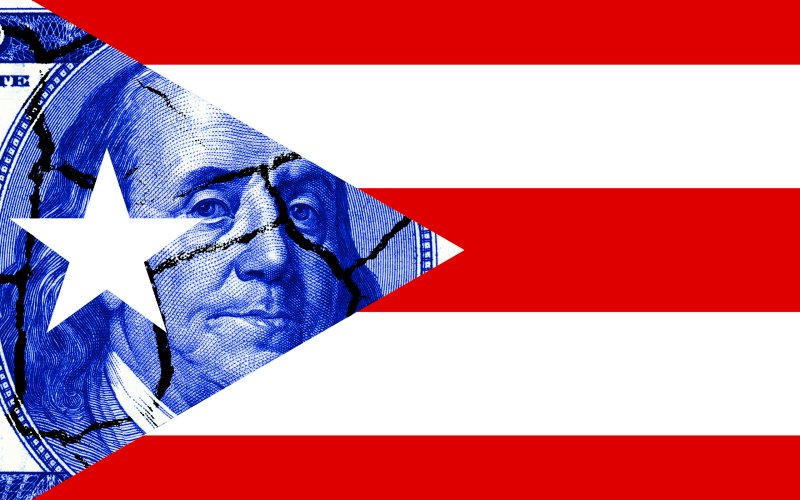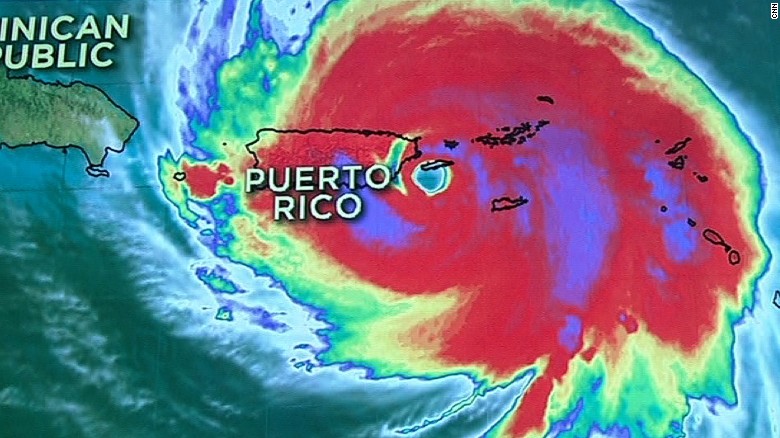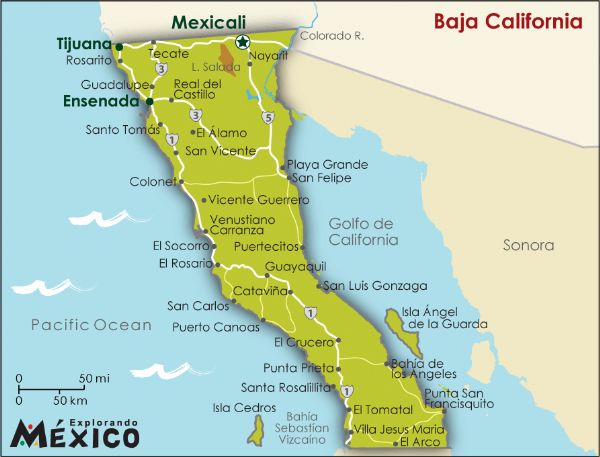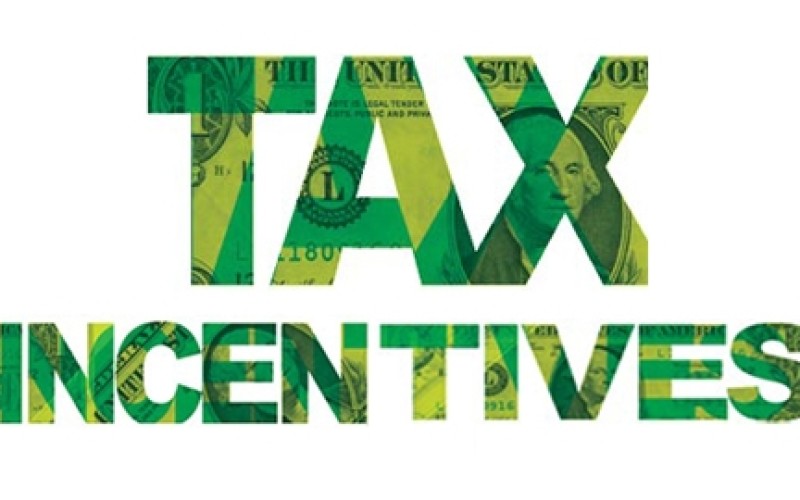Puerto Rico Tax Deal vs Foreign Earned Income Exclusion
The Puerto Rico tax deal is the inverse of the Foreign Earned Income Exclusion. Here’s why:
- With a Puerto Rico tax contract you can live in the US, your first $100,000 or so in salary is taxable, with rest deferred at 4%.
- If you live offshore and qualify for the FEIE, your first $101,300 is tax free in 2016 and the rest is taxable in the US as earned.
The FEIE is intended for those living abroad and operating a business that earns $100,000 to $200,000 max. The Puerto Rico deal is intended for those who live in the US or PR and net $400,000 or more.
This article will compare and contrast the Foreign Earned Income Exclusion with the Puerto Rico Tax Deal. There are still deals out there for Americans if you know how to work the system.
Here’s how the Foreign Earned Income Exclusion works:
If you live abroad and work for someone else, or have your own business, the Foreign Earned Income Exclusion is the best tool in your expat toolbox. The FEIE allows you to exclude up to $101,300 in salary in 2016 from your US taxes.
This salary can come from your own offshore corporation or from your employer. So long as the company is located outside of the US, and you qualify for the Exclusion, you’re golden.
If a husband and wife are both working in the business, they can each earn $101,300 in salary tax free for a total of $202,600. Take out more, and the excess is taxable in the US at about 40%.
Likewise, if you work for someone else, the amount you earn over the FEIE is taxable in the United States. If you work for yourself, and hold earnings in an offshore corporation, you can usually defer tax on these retained earnings.
To qualify for the Foreign Earned Income Exclusion, you must be 1) outside of the US for 330 out of any 365 days, or 2) be a legal resident of a foreign country, file taxes in that country, and travel to the US only occasionally for work or vacation.
- What qualifies you a resident of a foreign country is a complex matter. For a more detailed article on the FEIE, see: Foreign Earned Income Exclusion Basics
- The above assumes you are living in a low or no tax country and does not consider the Foreign Tax Credit.
The Foreign Earned Income Exclusion is an excellent tax tool for those willing to live and work outside of the US. If you wish to spend more than a couple months a year in the US, or to take out a salary of more than $101,300, the FEIE might not be your best bet.
Here’s how the Puerto Rico Act 20 tax deal works:
If you incorporate your business in Puerto Rico, you can qualify for an 4% corporate tax rate. That is to say, you can live in the US, operate your business through a Puerto Rico company, and get tax deferral at 4%.
In order to qualify, you must hire at least 5 full time employees in Puerto Rico and provide a service from the island to businesses or individuals outside of PR. Popular examples are affiliate marketers, website developers, investment funds, phone and online support providers, and any other business that is portable or operates via the internet. Really, any company that can put a division in Puerto Rico can benefit from Act 20.
- If you don’t need 5 employees, we might create a joint venture that allows partners to share employees in one corporation that benefits the group.
- EDITORS NOTE: On July 11, 2017, the government of Puerto Rico did away with the requirement to hire 5 employees to qualify for Act 20. You can now set up an Act 20 company with only 1 employee (you, the business owner). For more information, see: Puerto Rico Eliminates 5 Employee Requirement
If you, the business owner and operator, live in the US, you must take a “fair market” salary that’s taxable and reported on Form W-2. This might be around $100,000, but the exact amount will depend on many factors. The remaining net profits of the income attributable to the Puerto Rican company will be taxed at 4%.
This is basically the inverse of the Foreign Earned Income Exclusion. With a Puerto Rico contract, you pay tax on your fair market salary and defer the balance at 4%. With the FEIE, the first $100,000 (or $200,000 if married and both are working in the business) is tax free and the excess is taxable at ordinary rates.
I note that the Act 20 offer is a better deal than the multinationals have in Europe. Most of them are paying about 12.5% for tax deferral. Even at 12.5%, their tax contracts are under constant attack by the US and the EU. If you want to out maneuver Apple, and get an offshore tax deal blessed by the US government, move your business to Puerto Rico!
So, what’s different about Puerto Rico? As a US territory, it’s tax code trumps the Federal Code… or, more properly put, PR’s tax code is on equal footing with the US Federal code.
This is not the case in a foreign jurisdiction. So long as you hold a US passport, you’re subject to US taxation. The IRS doesn’t give a damn about the laws of your new country. They want their cut.
The US code is clear when it comes to Puerto Rico: Income earned in a Puerto Rican corporation, or as a resident of Puerto Rico, is exempt from US taxation. See: 26 U.S. Code § 933 – Income from sources within Puerto Rico.
The code as applied to foreign jurisdictions is incredibly complex. Try reading up Controlled Foreign Corporations, Passive Foreign Investment Company rules, and Sub Part F of the code.
I suggest a Puerto Rico tax contract is best suited to firms with at least $400,000 in net profits that can benefit from (or, at least, break-even on) three employees in Puerto Rico.
- For more information on how to live in the US and pay 4% on corporate earnings in Puerto Rico, see: Blood in the Streets Offshore Tax Planning.
In contrast, the FEIE is great for those who wish to live outside of the United States and earn a profit of of $100,000 to $200,000 from a business. Additional tax deferral is available to business owners who live abroad operate through an offshore corporation.
I hope you have found this article on the Foreign Earned Income Exclusion vs. the Puerto Rico Tax Deal helpful. For more information, please send an email to info@premieroffshore.com or give me a call at (619) 483-1708.












Leave a Reply
Want to join the discussion?Feel free to contribute!